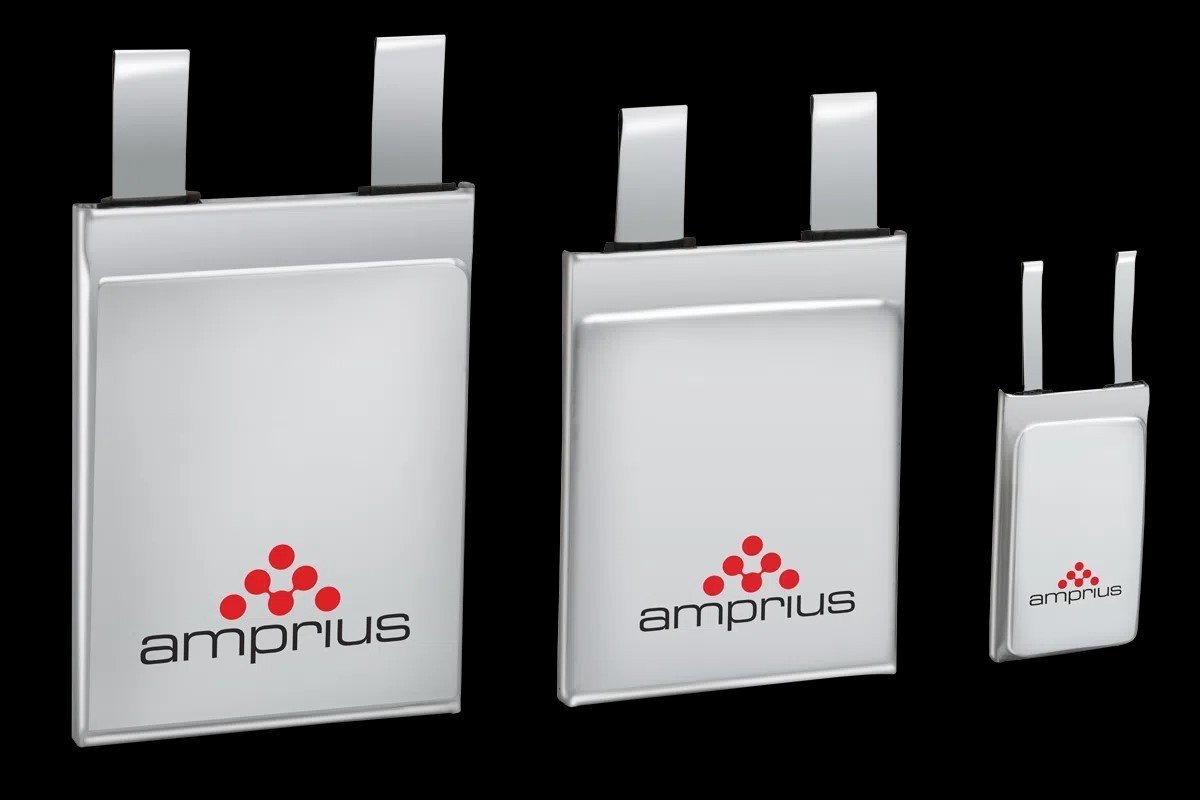
Amprius Technologies Inc., a battery developer with its Silicon Anode Platform, has announced the independent verification of its next-generation lithium-ion cell, delivering an unprecedented energy density of 500 Wh/kg and 1300 Wh/L, resulting in higher run time.
At approximately half the weight and volume of the commercially available lithium-ion cells, the all-new battery cell delivers potential industry-disrupting performance with barrier breaking discharge times, according to the company.
The record 500 Wh/kg energy density performance was verified by Mobile Power Solutions, a leading testing house offering comprehensive battery regulatory compliance, safety, and performance testing. The results indicate that this cell model provides >504 Wh/kg and >1321 Wh/l at 25°C. Amprius' claims that its next-generation cells are well positioned to power products in the fast-growing aviation and, eventually, electric vehicles markets, estimated to be collectively over $100 billion in battery demand by 2025.
"These cells provide a run time of 200 percent compared to state-of-the-art graphite cells, while being lighter and smaller than other batteries with the same energy content," said Jon Bornstein, President of Amprius Lab. "This latest validation continues Amprius' track record of producing the world's most powerful battery cells and sets an industry benchmark for next-generation battery technology that will ultimately revolutionize how high we fly, how far we travel and how long we can use our devices."
The 500 Wh/kg battery platform significantly expands boundaries for customers, and is a tailored solution for applications that require maximum discharge times without compromising key features such as aircraft payload and without having to increase vehicle weight, claims Amprius.
RELATED: EAS 4690 cylindrical cells with Echion XNO anode material achieves high performance
Further, test results claims that the new batteries demonstrate both high gravimetric energy density (Wh/kg) and volumetric energy density (Wh/L) with exceptional adaptability. The developer says that the customizable platform allows customers to select the option to either increase energy content in a battery pack without increasing weight, reduce weight in applications that target a fixed energy content, or combinations of both.
"We look forward to taking advantage of Amprius' 500 Wh/kg cell to further develop Zephyr's unrivalled stratospheric endurance capabilities," said Pierre-Antoine Aubourg, Chief Technical Officer at AALTO HAPS, the Airbus subsidiary developing the 100 percent solar-electric High Altitude Platform Station for connectivity and earth observation applications. "Amprius is a valued current supplier with a great track-record, and we are confident that Amprius' battery will deliver the capability we need", he added.
Earlier this month, the California-based company confirmed its first GWh-scale battery manufacturing plant in Brighton, Colorado. The factory, targeted to be operational in 2025, will be built in phases starting with an initial 500 MWh with the potential of up to 5 GWh within the initial footprint.
This capacity increase is a significant expansion to Amprius' manufacturing capacity and will serve strong customer demand for its high-performance silicon anode lithium-ion batteries, the company claimed.
The initial phase of factory development (500 MWh) will be funded in part by the $50 million cost sharing grant selected for negotiation of award from the U.S. Department of Energy (DOE)'s Office of Manufacturing and Energy Supply Chains ("MESC").
Amprius is among the first set of companies announced to receive funding from the US government's Bipartisan Infrastructure Law to expand domestic manufacturing of batteries, specifically focused on U.S.-based processing of materials and components.
